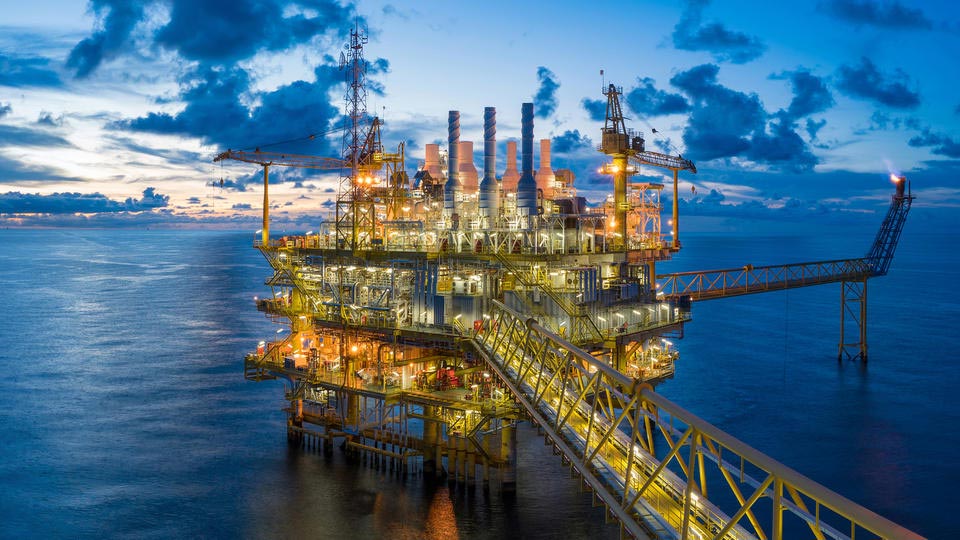
Adapted from a Princeton University news release.
A study led by a Colorado State University researcher finds that the current method for estimating methane emissions from offshore oil and gas production in the United Kingdom systematically and severely underestimates emissions. The study finds that as much as five times more methane is being emitted from oil and gas production in the U.K. than what the government has reported.
The study entailed critical evaluation of the U.K.’s current method of calculating methane emissions, and suggested alternative, peer-review based methods and generating revised emission estimates. Since many other countries use similar methodologies to calculate methane emissions from oil and gas production, this severe underestimation is likely not confined to the U.K. alone.
The study’s lead author is Stuart Riddick, senior research associate at the CSU Energy Institute, and formerly a researcher in Princeton University’s Department of Civil and Environmental Engineering. He co-authored the paper with Princeton’s Denise Mauzerall, and the work took place between 2015 and 2019, when they directly measured methane emissions from upstream oil and gas production and transmission in the U.K. Their results were published in Energy & Environmental Science.
The research focuses on methane leakage associated with the discovery, extraction and production of oil and natural gas. These methane emissions are typically calculated by multiplying the activity level of various processes – namely venting, flaring, processing and combustion activities on production platforms, offshore oil loading and gas transfer by high-pressure pipelines – by “emission factors,” which are standard estimates of the methane emissions associated with each activity.
The researchers found that the emissions factors used in the U.K.’s reporting are either outdated, rely on unpublished or publicly unavailable industry research, or use generic values recommended by the IPCC. Furthermore, these emission factors are usually “static,” meaning that they are not sensitive to factors such as environmental conditions and management practices which could affect emissions from various processes. In addition, leakage can occur when the off-shore rigs are idle – an “activity” that does not currently have an associated emission factor.
Noting these shortcomings, Riddick and Mauzerall updated and revised estimation techniques for each process, and, wherever possible, used dynamic rather than static emission factor formulations that account for varying environmental conditions. They also incorporated direct boat-based measurements of methane concentrations around offshore gas platforms in the North Sea collected in summer 2017, documented in a study also led by Riddick and Mauzerall. These updates resulted in a total methane emission estimate more than five times larger than reported emissions.
“Methane emissions from offshore facilities are currently largely uncertain, and because sources on facilities only emit for a short time period, using direct survey methods such as satellite or drones will probably only capture about 25% of the actual emissions,” said Riddick, lead author and research scientist at CSU. “To generate representative baseline emissions across the sector, we need to work with industry to develop practical, effective and collaborative measurement strategies.”
Previous research has shown that reducing leakage across the oil and natural gas supply chain can advance climate and air quality goals while also being economically profitable – a win-win opportunity for industry and climate.
This study adds to a growing base of literature finding that current measurements of anthropogenic methane emission inventories are too low. With the world’s first “global stocktake” on progress implementing the Paris Agreement concluding in 2023, the researchers argue that improved measurement of emissions deserves urgent attention.
“We are hopeful that our work will facilitate more accurate emission inventory development and lead to critically important reductions of methane leakage – a win for both industry and the environment,” Mauzerall said.
The article, “Likely underestimation of reported methane emissions from United Kingdom upstream oil and gas activities,” was first published in Energy & Environmental Science on Dec. 22, 2022.